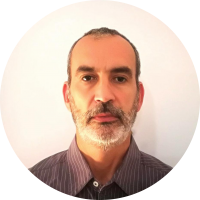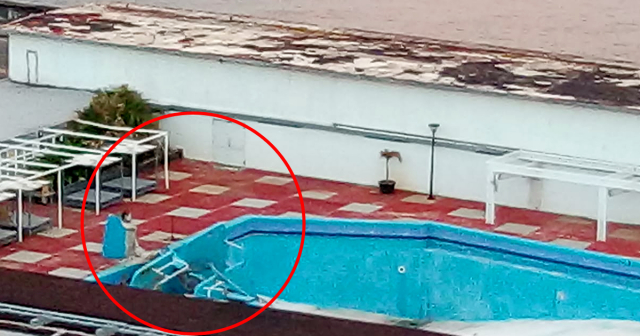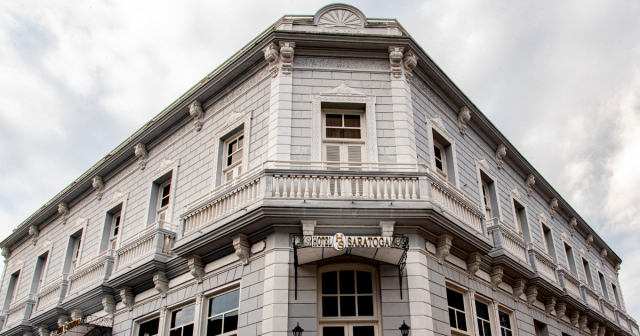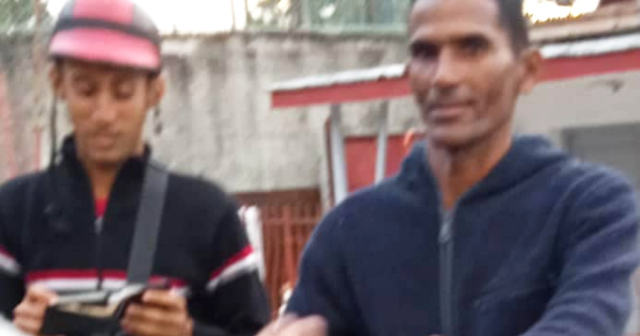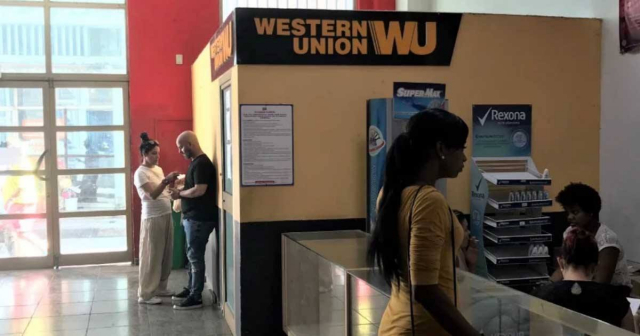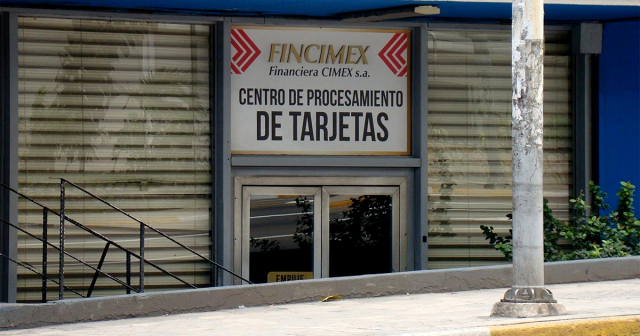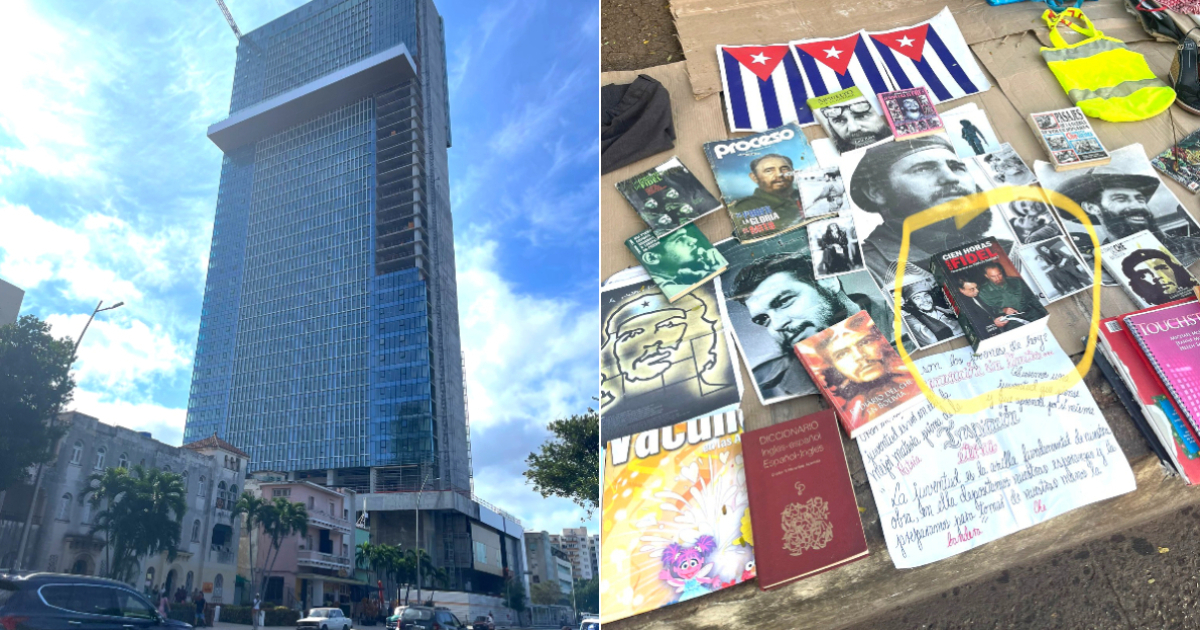
The Spanish journalist Ignacio Ramonet, fervent admirer and friend of the dictator Fidel Castro, criticized the architecture of the K23 hotel being built by the Cuban regime's military in Havana's Vedado.
Known as “López-Calleja tower” - in reference to the former president of the Business Administration Group S.A. (GAESA), the late general Luis Alberto Rodríguez López-Calleja-, the 44-story high building has been under construction since September 2018, when the controversial works began.
“Vedado, Havana. Architecture horrible! "Urban horror!" Ramonet said this Monday on his X account, sharing a photograph of the mammoth building that looms menacingly over the city.
For the director of The diplomatic world in Spanish, author of the book “One Hundred Hours with Fidel”, the architecture of the López-Calleja tower is an example of “urban horror” in a city in which only a handful of “skyscrapers” built in the 1950s stand out, and whose architectural heritage still preserves a certain splendor in the midst of the ruins.
The criticism was amplified by the regime's spokesperson, pro-government journalist Pedro Jorge Velázquez (better known as El Necio), who drew attention to Ramonet's tweet and asked his followers on social networks for opinions.
“The renowned Spanish journalist and researcher, Ignacio Ramonet, writer of the book One Hundred Hours with Fidel, has just uploaded several photos of the K23 hotel under construction that is located in Havana's Vedado, with this phrase: 'Horribilis architecture! Urban horror!’. And what do you think about it?” said the Fool in X.
The attempt to use Ramonet's opinions on the controversial hotel to generate debate occurs precisely on the day that the Cuban regime announces at the Round Table new economic measures to “correct distortions and re-boost the economy”.
The rise in fuel prices, liquefied gas and electricity rates for “large consumers”, which are expected to impact the price of other goods and services, have generated immediate rejection and discomfort among Cubans.
But the Palace spokespersons try to divert public opinion's attention towards the unpopular hotel and Ramonet's opinions, or towards the changes in the leadership of the Ministry of Culture (MINCULT), which caused the "dismissal" of the controversial vice minister Fernando Rojas.
Object of repeated criticism from architects and urban planners, the “López-Calleja tower” is the perfect symbol of a lacerating reality suffered by a population that has seen an increase in public spending on hotels and tourism infrastructure, while public services are impoverished and salaries and pensions are devalued. the Cubans.
For several years, the regime has been investing more public money in the development of infrastructure for tourism than in public health and social assistance, as demonstrated data for the first half of 2023. According to a report from the National Office of Statistics and Information (ONEI), the investment from January to June in health and social assistance was 583.3 million pesos, but 2,325.3 million were allocated to hotels and restaurants.
The construction of the López-Calleja tower, scheduled for completion in 2022, is being carried out by the real estate company Almest, a branch of the GAESA group. Its capital was announced as "100% Cuban".
The hotel, which - with its 154 meters and 44 floors and 565 rooms - was announced as the tallest on the Island, is located on the corner of 23rd and K streets, in front of the popular Coppelia ice cream parlor, in the so-called "hollow 23".
While the economy and Cuban citizens fall into an even deeper “hole,” Ramonet and El Necio intend that, from the agonizing depths of this crisis, Cubans look up and curse that brutalist and inert mass of concrete, instead to those responsible in flesh and blood who have caused their misery and hopelessness.
In October 2022, Ramonet insisted that the Cuban government was subjected to a "brutal" media campaign to try to suffocate it, ensuring that the campaign aimed to change minds and hearts inside the country through social networks, and that a lot of money was invested for this: tens of millions.
"No one believes that when they receive a meme in Cuba, or that they receive a message through Facebook, Instagram, YouTube, Tik Tok that it comes from a character, a friend, a family member, that it is made in laboratories; that is the result of communication geniuses who have worked in advertising, in marketing, in cinema," he stressed.
A Ramonet scholar, El Necio has seen the opportunity to use his teacher to counteract the wave of indignation that the new measures announced by the regime will provoke. Friend of Castro and fan of the so-called “Cuban revolution,” Ramonet, a “communication genius,” will not take a dim view of the opportunity taken by his disciple.
In short, it remains the same one that levitates when evoking the “commander” and that in April 2022 defended the repression of the regime against the protesters who participated in the historic 9/11 protests in Cuba.
“They have been relatively limited protests that the authorities have faced with great lucidity and great transparency,” he said on that occasion.
This Monday, from Havana, the sympathizer of the totalitarian regime criticized the López-Calleja tower while he was excited to see his book among a pile of propaganda scrap arranged on cardboard by a street vendor. “Fidel always!” he said excitedly.
What do you think?
COMMENTFiled in:
